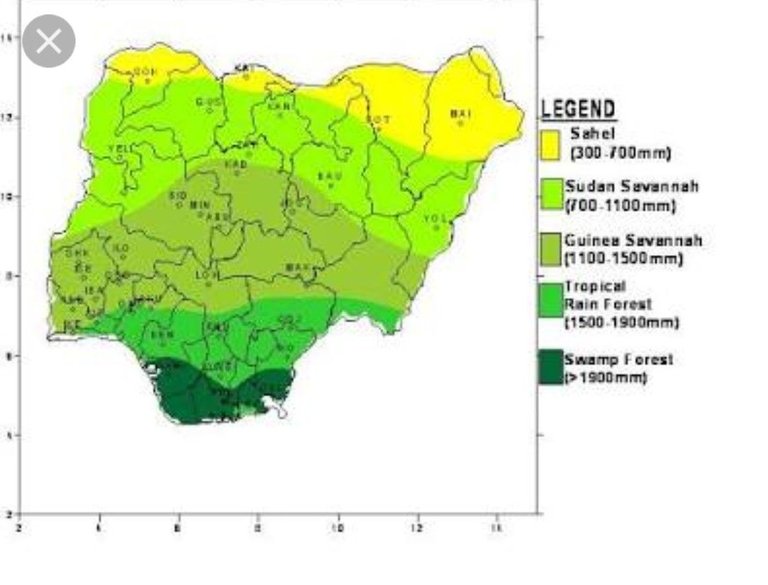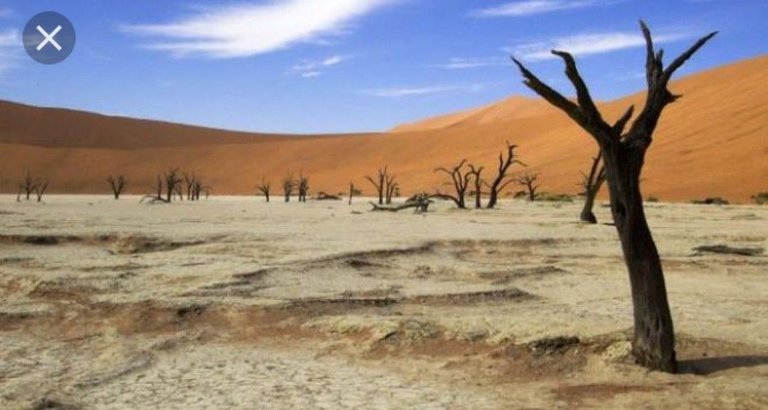I woke up eight times just in a morning, raising all the curtains and opening all the windows, opening the doors just to find a remedy for the heat felt, but still yet, couldn't find the usual comfort, thanks to NEPA as there was no power supply fuel scarcity, how will generators power??? . The heat was as such as a mixture of an afternoon and darkness, where is the cool of the night and morning in Nigeria. Leaves me asking myself if am still in Nigeria. What is going on????? It is no more news that the heat during the day and night in Nigeria is nothing but unbearably high. This is as a result of heat waves stemming from the emission of greenhouse gases.
Climate change occurs as a result of natural occurrences, and mainly by human actions on the environment. The natural causes of climate change is, as a result of variations in earth’s orbit, variation in ocean circulation, variation in albedo of the continents, as well as variation in solar radiation [Wikipedia]. The human causes are, however, results of deforestation, air pollution, and poor agricultural practices such as bush burning, excess and wrong application of inorganic fertilizer, burning of fossil fuels, urbanisation, industrialisation, inefficient transport system, among others.One of the major effect of climate change in Nigeria is declining agricultural productivity, which is due to the irregular, unpredictable farming calendar. The usual April-October rainy season and the October-March dry season is no longer a constant as it has been for some decades now. Farmers now plant without certainty, thus resulting in losses, for their investment waste away from no rainfall at predicted time.
The year 2017 witnessed series of climate-related disasters in Nigeria, ranging from the increased health risk, declining agricultural productivity, biodiversity loss, drying lakes, famine, conflicts or social unrest, poverty, worsening food insecurity situation, heat stress, declining soil capacity for agricultural production, increased natural disaster, extreme weather events, among others.
Another effect of climate change is the issue of clashes between herdsmen and farmers, which is a serious problem in Nigeria. Due to the problem of rainfall variability, caused by climate change, herdsmen in the core North, now push down South more frequently, in order to feed their cattle on farmers’ cultivation. This has mutated over time in the destruction of investments and efforts, while also attacking outspoken farmers, a situation for which lives has been lost in Benue, Taraba, Nasarawa, Ogun and several other states.
Decades ago, pastures were arguably available at reasonable level in both the North and South of Nigeria, and these clashes were almost non-existent. Evidence is seen from the changing nature of the nation’s ecological zones. Hence, we see serious clashes result, because these nomadic herdsmen want to satisfactorily feed their cattle, often at the expense of farmers’ cultivation.
Another very important effect of climate change is due to deforestatuon. Trees which should serve as cover for soil against the harsh sunshine, are felled indiscriminately, thereby, exposing soils and reducing soils productive capacity, and thus, creating problems for agriculture in Nigeria. Heat-related incidents are on the rise, as well as heat stress (hyperthermia) on both crops and livestock, because of increasing greenhouse gas emissions, leading to high losses in crop and livestock production.
Climate change has cost Nigeria an increasing loss of biodiversity, from which several problems have emerged, such as the destruction of marine ecosystem, loss of nature’s balance, as well as destruction of freshwater resources. This situation currently poses problems for man, as he cannot live in isolation, but in interdependence with his environment. Failure to protect the environment is like a death penalty, hence, we must, as a centre of focus, ensure that the protection of the Nigerian ecosystem is not undermined
As the way forward, it is important to realize that we have to combat climate change at all levels, by both mitigating against and adapting to its consequent effects on our nation. To do this, we must invest in many mitigation and adaptation projects. Many of the already existing projects, such as the resuscitation of the drying Lake Chad, the Ogoni clean-up project and the Great Green Tree Wall project in eleven northern states et, among others, should be completed without delay.
For the declining agricultural productivity due to extreme weather events, farmers should be encouraged to plant drought-resistant varieties and rear high yielding, resilient livestock breeds.
Good architectural design of houses that ensures quality ventilation should be developed, to help people deal with heat waves and stress from climate change.
The common effects of heat waves on humans are dehydration which can lead to fainting or death, chickenpox, heat rash, and psychological stress.
In order to cope with the current climate conditions for people like me, experts have advised that we
should drink more water to keep hydrated. Keep a water bottle with you to remind you to take water. Avoid alcoholic and caffeinated drinks during this period.Reduce intake of foods that are rich in protein because they increase metabolic heat. Fresh foods, fruits and vegetables are better options.Monitor your blood pressure should, as much as possible, stay indoors between 12noon and 3pm, take cold baths before going to bed.



All thanks to God for the rain today in major cities including ibadan. I believe the heat should reduce now and allow me return to my bed cuz have been sleeping on the floor
ThankGod for that I must say